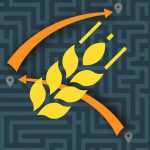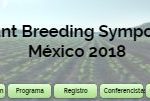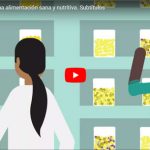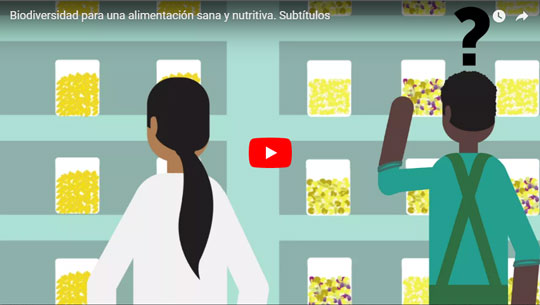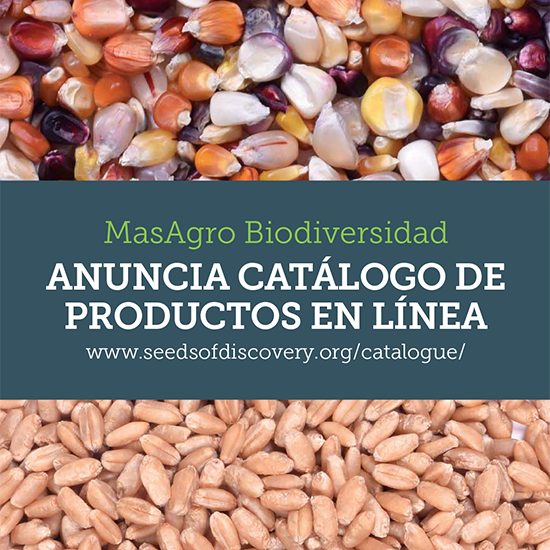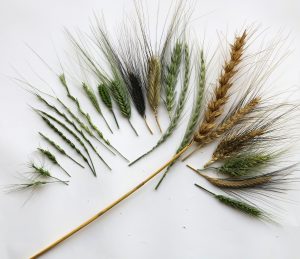SeeD: Mexico’s contribution to global food security
The Seeds of Discovery (SeeD) initiative is a platform for utilizing maize and wheat genetic resources, with lessons that can be applied to other crops. By characterizing the genetic makeup of maize and wheat collections, SeeD generates data that will accelerate the development of improved crop varieties to meet the demands of a growing population in a changing climate.
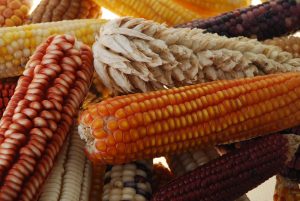 SeeD has put together tools to facilitate the efficient use of these data and the germplasm that they describe. Together, the data, software tools, bridging germplasm and capacity development opportunities make up a free and publically available “genetic resources utilization platform.” This platform ensures that breeders and researchers around the world can efficiently use the invaluable data and germplasm identified or produced by SeeD on maize and wheat genetic diversity.
SeeD has put together tools to facilitate the efficient use of these data and the germplasm that they describe. Together, the data, software tools, bridging germplasm and capacity development opportunities make up a free and publically available “genetic resources utilization platform.” This platform ensures that breeders and researchers around the world can efficiently use the invaluable data and germplasm identified or produced by SeeD on maize and wheat genetic diversity.
SeeD achieves impact through 5 main components:
- Genotyping: sequencing the genetic code of maize and wheat collections held in genebanks to identify and characterize diversity for traits that are valuable or essential to develop improved crop varieties
- Phenotyping: characterizing the maize and wheat collections for their responses to stresses such as heat, drought or disease, and for quality traits such as nutritional or culinary attributes
- Software tools: allow enhanced analysis of genotypic and phenotypic data generated by SeeD to select varieties with positive traits to add to breeding programs
- Pre-breeding: transferring useful genetic variation from wild or exotic wheats and maizes held in genebanks into “Bridging Germplasm,” types or lines that breeders can readily use to develop improved varieties grown by farmers
- Capacity building: to ensure equity in the use of genetic resources, building awareness, interest and skills to utilize our products to create impact
SeeD is a multi-project initiative comprising: MasAgro Biodiversidad, a joint initiative of CIMMYT and the Ministry of agriculture and rural development (SADER) through the MasAgro (Sustainable Modernization of Traditional Agriculture) project; the CGIAR Research Programs on Maize (MAIZE) and Wheat (WHEAT); and a computation infrastructure and data analysis project supported by the UK’s Biotechnology and Biological Sciences Research Council (BBSRC).
